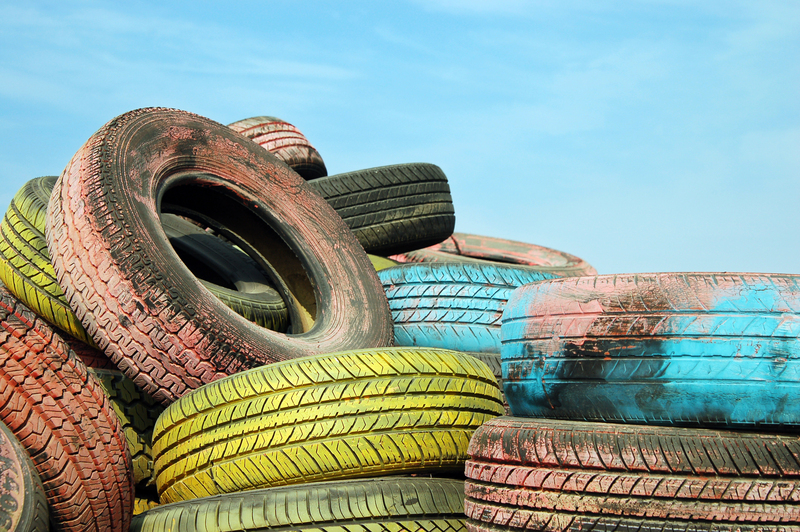Understanding the Implications of a Missed Garbage Collection
For many communities, efficient garbage collection is a cornerstone of sanitation and order. Unfortunately, there are instances when a missed garbage collection can disrupt routines, lead to accumulations of waste, and sometimes even cause health hazards. In this article, we will delve into the causes and solutions for addressing a missed garbage pickup.

The Causes of Missed Collections
To effectively troubleshoot the problem, we must first understand the reasons why garbage pickups get missed. There are several potential causes:
- Operational Delays: Sometimes, trucks face mechanical failures or routes are disrupted by roadwork or accidents.
- Human Error: On rare occasions, mistakes in route planning can lead to a missed collection.
- Weather Conditions: Heavy rains, snow, or extreme weather can hinder collection schedules.
- Holidays: Collections may be pushed forward or backward due to public holidays, leading to confusion.
What to Do When Your Garbage Isn't Collected
If your household or business experiences a missed garbage pickup, taking immediate and appropriate action is key to resolving the issue. Here are steps that may help:
- Contact Your Waste Management Provider: As a first course of action, reach out to your local waste management company. They can provide insights into why the collection was missed and when it might be resolved.
- Check Your Schedule: Sometimes there's been a change in the collection schedule you weren't informed about. Confirm that your day hasn't changed due to holidays or updated routes.
- Use Local Resources: Many local councils or municipalities have websites that provide information on collection delays. Look for service updates there.
- Secure Your Waste: A temporary increase in pests or odors can ensue if waste is left unsecured. Keep your garbage bags sealed until the matter is resolved.
The Environmental Impact of Missed Collections
A missed garbage pickup can have environmental repercussions beyond immediate inconvenience. Accumulated waste can lead to:
- Pest Infestations: Open waste attracts pests such as rodents, insects, and birds.
- Pollution: Overflowing bins can result in litter in public spaces, affecting both land and water systems.
- Unpleasant Odors: Decomposing waste emits odors that can degrade the quality of life for residents.
- Health Risks: Piles of waste can become breeding grounds for bacteria and viruses, posing health threats to the community.
Strategies to Prevent Future Missed Collections
Prevention is always preferable to crisis management. Here's how you can minimize the chances of experiencing a missed garbage pickup in the future:
- Sign Up for Alerts: Opt in to receive notifications from your waste management provider. Many now offer text or email alerts about schedule changes.
- Stay Informed: Regularly check for any updates on your local council's website regarding collection schedules and disruptions.
- Community Involvement: Engage with community forums or groups where members can share updates and concerns about waste management services.

Civic Engagement and Advocacy
Addressing systemic issues in waste management may require more than individual actions. Community advocacy can result in long-term improvements. Consider these approaches:
- Attend Town Hall Meetings: Participate in discussions about municipal services, including waste management.
- Engage with Local Representatives: Vocalize any consistent issues to your local government officials who can prioritize resolutions.
- Promote Waste Reduction: Encourage community initiatives for reducing overall waste generation to ease the burden on collection services.
- Volunteer for Clean-Up Drives: Organize or participate in local efforts to maintain cleanliness in your community, especially if collections are sporadically missed.
Conclusion: Moving Forward After a Missed Collection
Energetic and organized responses to missed garbage pickups can help mitigate the negative effects on the community and the environment. By understanding the causes, taking proactive steps, and encouraging civic involvement, you can play an integral role in ensuring your locality remains clean and healthy. Continue to engage with city officials, your waste management provider, and community members to build a sustainable and effective waste disposal paradigm that prevents future disruptions.